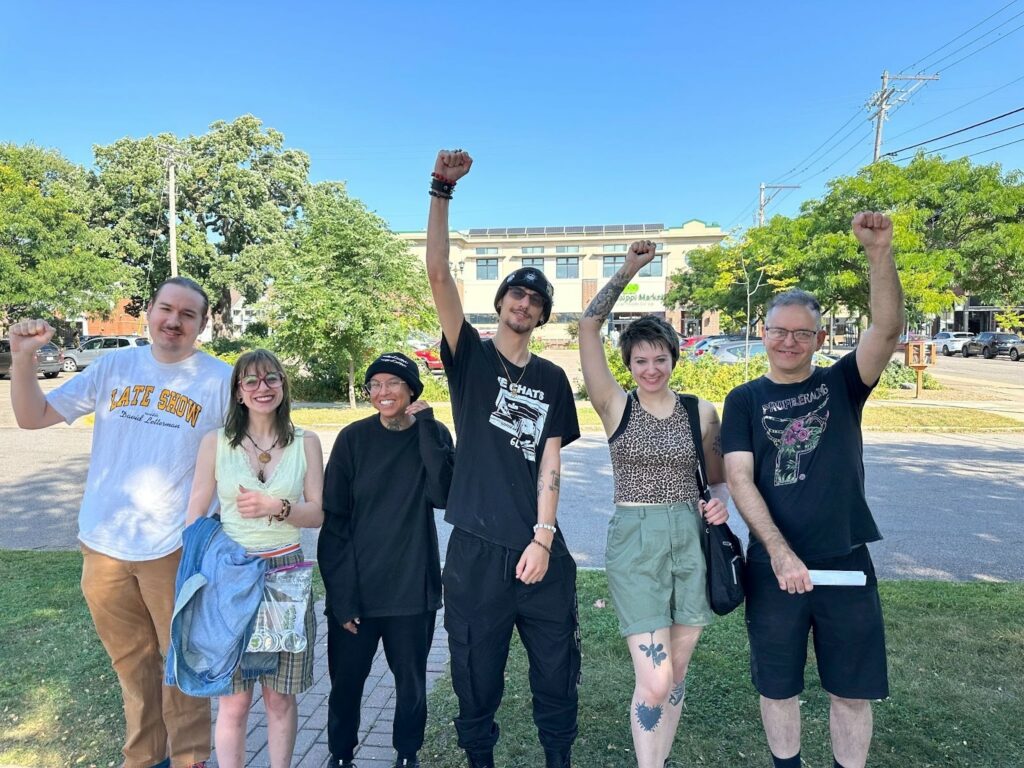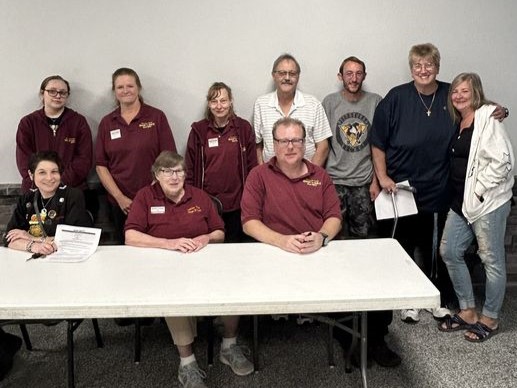On Oct. 9, workers at all three Mississippi Market Co-op locations in St. Paul, Minn., joined UFCW Local 1189. The Mississippi Market Co-ops are retail grocery stores which the company markets as co-ops, and the workers in this unit are paid employees and not volunteers.

Workers at all three Mississippi Market Co-ops, located on Selby Avenue, West 7th Street, and East 7th Street in St. Paul, voted in favor of joining UFCW Local 1189 by 83 to 19 and cited unpredictable schedules, unrealistic attendance policies, and inconsistent management as reasons for forming a union.
The co-op workers first notified management of their intent to unionize on September 19 and asked for voluntary recognition of the union. When the company refused, the workers filed a petition to the National Labor Relations Board for a union election.
“We, the Mississippi Market workers, have successfully won a seat at the table, a say in our workplace, and our right to fair compensation,” said Erik Zakis, who works at the Mississippi Market Co-op at the Selby Avenue location. “I’m filled with thankfulness and joy about finally getting to have our concerns addressed.”

